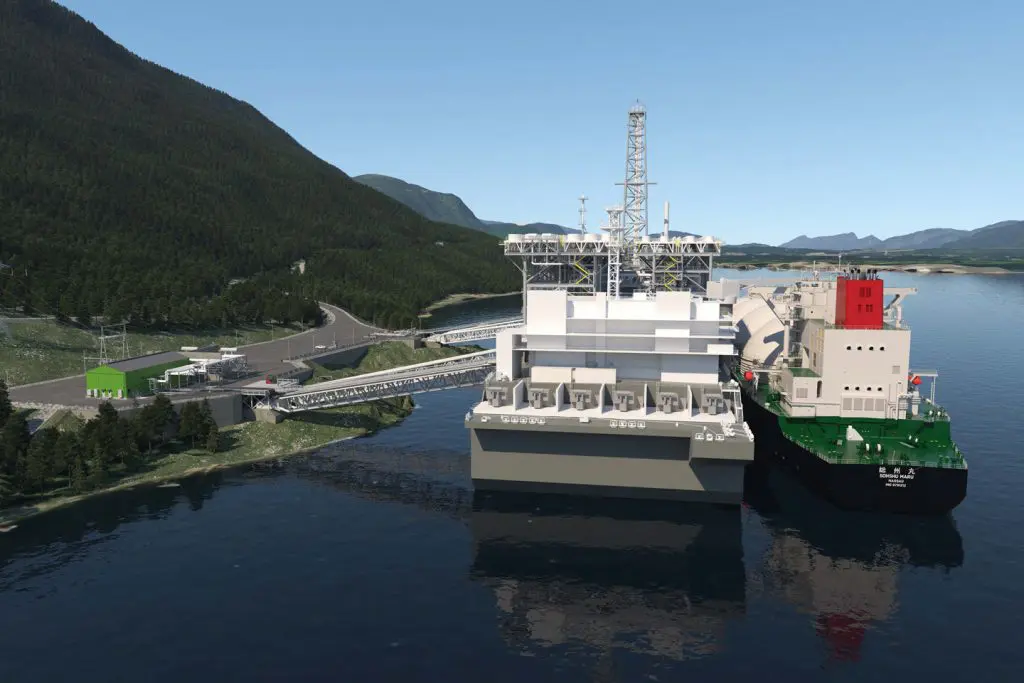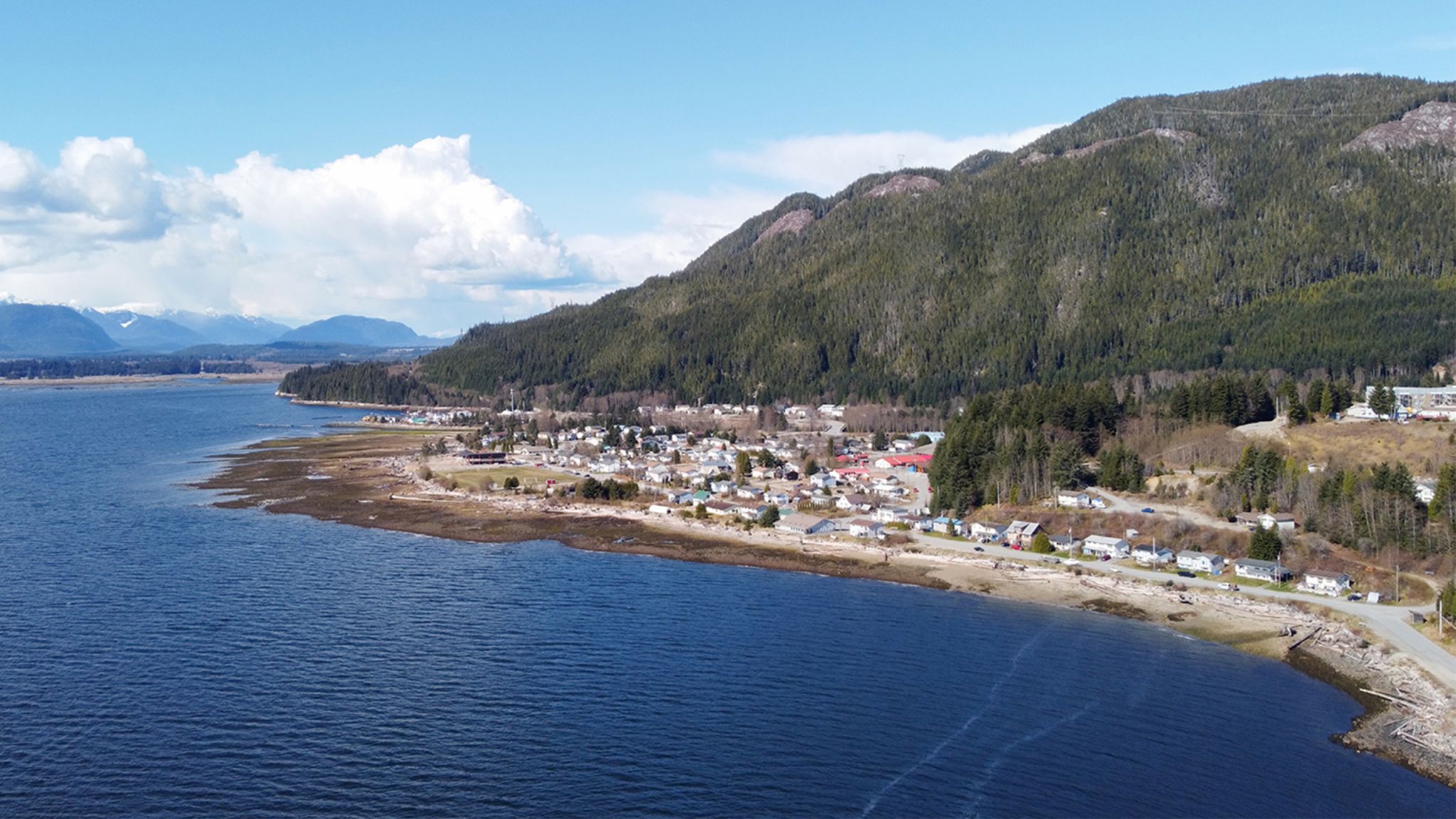Canada’s Pembina Pipeline and the Haisla Nation have issued a notice to proceed to Samsung Heavy Industries and Black & Veatch for Cedar LNG’s floating LNG production unit following the finalization of long-term commercial offtake agreements.
Cedar LNG said on Thursday these “critical” milestones allow the project to proceed to secure financing, which is required prior to making a final investment decision (FID), expected by the middle of 2024.
The JV is preparing for construction, with pre-FID early works starting in May 2024, including tree clearing and rough grading activities at our proposed marine terminal near Kitimat.
The in-service date is expected in late 2028.
Pembina and the Haisla Nation each own 50 percent in the Cedar LNG project.
In February, the partners have again postponed the final decision on their Cedar floating LNG export project to the middle of this year.
Pirior to that, the duo confirmed they had selected SHI and Black & Veatch to provide engineering, procurement, and construction for Cedar LNG’s floating LNG production unit.
According to the statement on Thursday, the issuance of the NTP directs the EPC contractor to finalize engineering and design for, and start construction of the FLNG.
Subject to the final decision, once complete, the FLNG unit will be transported from South Korea to the Cedar LNG site in Haisla traditional territory in the Douglas Channel, signaling a “step change for the LNG industry and Indigenous people everywhere.”

Deal with ARC
Cedar LNG said that a 20-year take-or-pay fixed toll contract has been signed with compatriot ARC Resources for 1.5 mtpa.
In March last year, Cedar LNG and ARC entered into a memorandum of understanding for a 20-year liquefaction services agreement.
As part of the agreement, ARC will supply Cedar LNG with about 200 million cubic feet per day of Canadian natural gas for liquefaction at the Cedar LNG facility.
Also, Pembina has executed an identical bridging agreement with Cedar LNG for 1.5 mpta of capacity.
“Commercial offtake discussions are continuing with multiple other customers as Pembina intends to assign its capacity to a third-party following a positive FID,” Cedar LNG said.
Costs
Cedar LNG has also obtained a detailed Class III level capital cost estimate of about $3.4 billion (gross), including $2.3 billion, or about 70 percent, for the FLNG production unit, which is under a fixed-price, lump-sum agreement, and $1.1 billion related to onshore infrastructure, owner’s costs, commissioning and start-up costs, financial assurances during construction, and other costs.
The total project cost, including $0.6 billion of interest during construction and transaction costs, is expected to be about $4 billion, Pembina said in a separate statement.
Cedar LNG is pursuing asset-level debt financing for about 60 percent of the project cost and has engaged MUFG Bank to act as financial advisor on the project financing, with the remaining 40 percent to be financed through equity contributions from both partners.
Subject to FID, Cedar LNG is expected to generate annual run-rate adjusted Ebitda of $200 million to $260 million, net to Pembina, it said.
The partners also increased the project’s nameplate capacity.
“While the project was originally contemplated as a 3 mtpa facility, its nameplate capacity of 3.3 mtpa reflects engineering optimization and a capital efficient option to enhance the project’s economics,” Pembina said.

